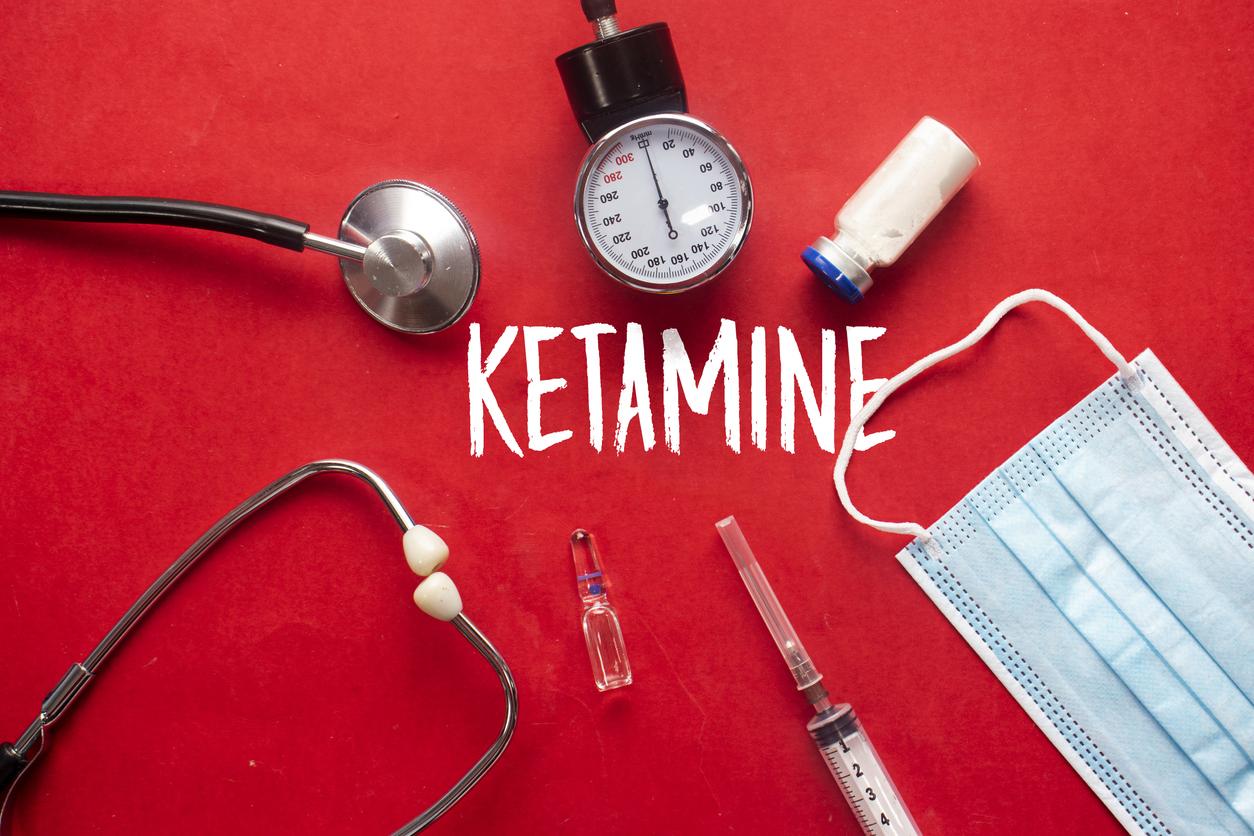Sad mood, dark thoughts, behavioral problems, … depression markers are not easily recognizable by relatives of the depressed person. Especially when the person who suffers from it is a teenager in whom mood swings are frequent.
Researchers at Columbus Hospital in Ohio, USA, believe they have found a way, safer and more objective than a consultation with a shrink, to identify depression in adolescents: a blood test would identify cases of major depression by looking for specific genetic markers.
Only 28 teenagers, aged 15 to 19, have so far been able to test the device. They were divided into two groups, 14 suffering from depression and 14 in good mental health. The scientists looked for 26 genetic markers of depression, which had previously been identified in laboratory rats. The team found the presence of 11 genetic markers in depressed adolescents, while they were absent in “healthy” subjects.
At the moment, this blood test is only at the experimental stage. Further research is needed to consider this type of screening on a large scale. “The discovery made on 14 adolescents is not comparable to that made on 1,000 adolescents”, recognizes Eva Redei, head of the study.
Depression: the less stigmatizing blood test for teenagers
If this blood test demonstrates its effectiveness, this would constitute a serious step forward by making it possible to spot the first signs of depression earlier. This early diagnosis would make it possible to further individualize the depression treatment. And to prevent these adolescents from finding themselves in great difficulty in adulthood for not having been treated in time. Indeed, untreated depressed adolescents tend to be more vulnerable as adults: it is not uncommon for them to subsequently suffer from social adjustment problems, physical illness, drug problems or even suicide.
Another advantage, a blood test would prove to be less stigmatizing than a consultation with a psychologist, often feared and badly experienced by young people. It’s estimated that only 25% of teens with depression seek professional help.
>> To read also: Depression: the keys to emerging stronger
>> To read also: Depression: how to make it a positive experience


















